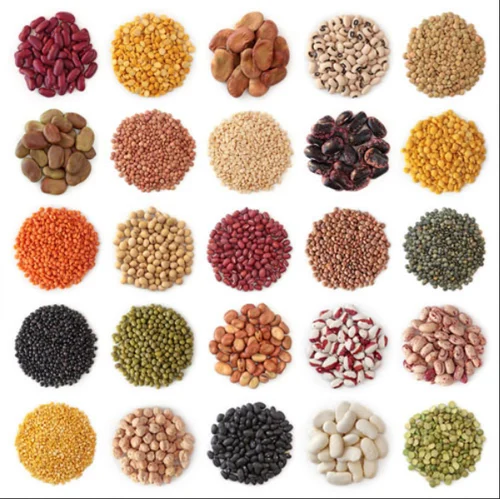
Agriculture in Nepal, including horticulture, floriculture, and vegetable production, is a vital component of the country’s economy. Commercial farming in these sectors focuses on cultivating high-value crops, flowers, and vegetables that cater to both domestic and international markets. By adopting modern farming techniques, such as greenhouses and advanced irrigation systems, as well as organic practices, farmers can enhance both the yield and quality of their crops. This shift towards more efficient and sustainable farming practices helps meet the increasing demand for fresh produce and flowers, which are important both locally and for export.
Horticulture and floriculture in Nepal are growing sectors, with an increasing number of farmers and agribusinesses taking advantage of the country’s favorable climate for cultivating diverse flowers and fruits. The focus on high-value crops like vegetables and flowers provides lucrative opportunities for farmers to tap into both regional and global markets. Nepal’s exports of fresh produce, flowers, and processed agricultural goods have expanded in recent years, with countries around the world recognizing the quality of Nepali products. This growth in export markets opens up new avenues for agribusinesses and contributes significantly to the country’s GDP.
The shift toward modern agricultural practices in Nepal not only boosts productivity but also improves farmers’ livelihoods. By adopting sustainable farming methods, such as integrated pest management and organic farming, farmers can reduce the environmental impact of their operations. These practices also help ensure the long-term viability of Nepal’s agricultural sector, enhancing food security while creating new income opportunities. Overall, the integration of advanced agricultural techniques with traditional knowledge is key to optimizing growth, yield, and sustainability in Nepal’s horticulture, floriculture, and vegetable farming industries.
